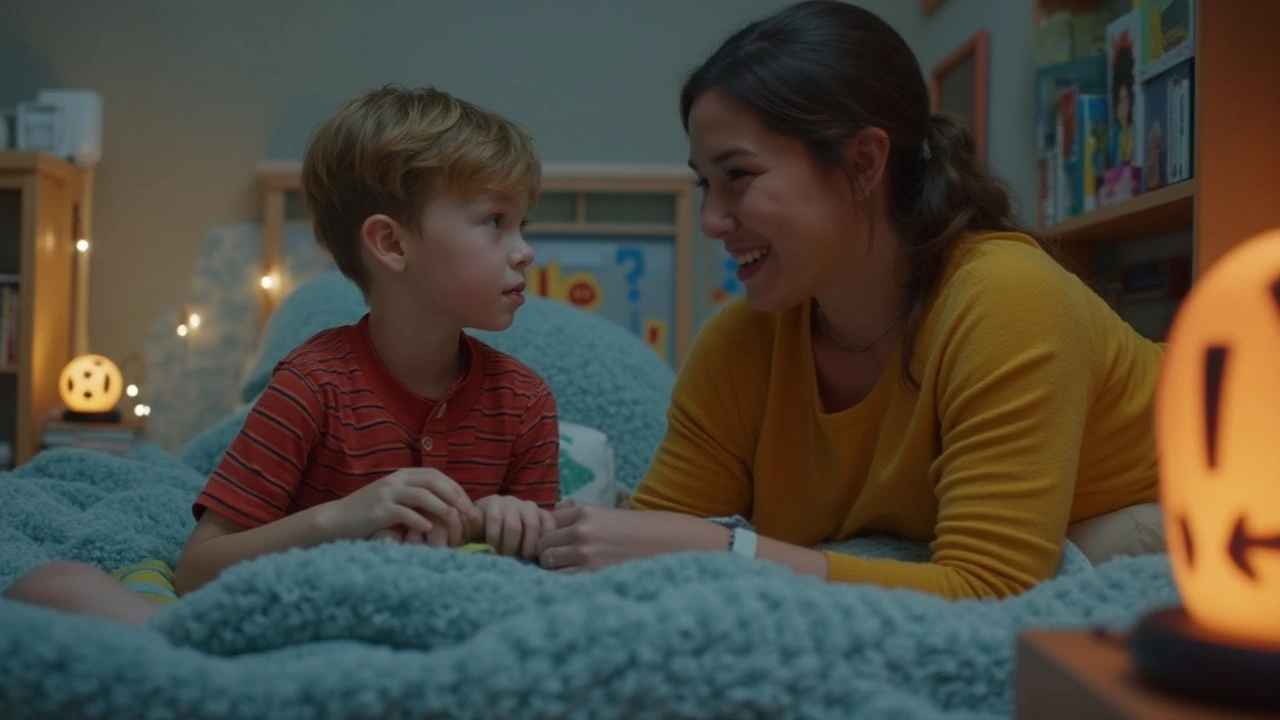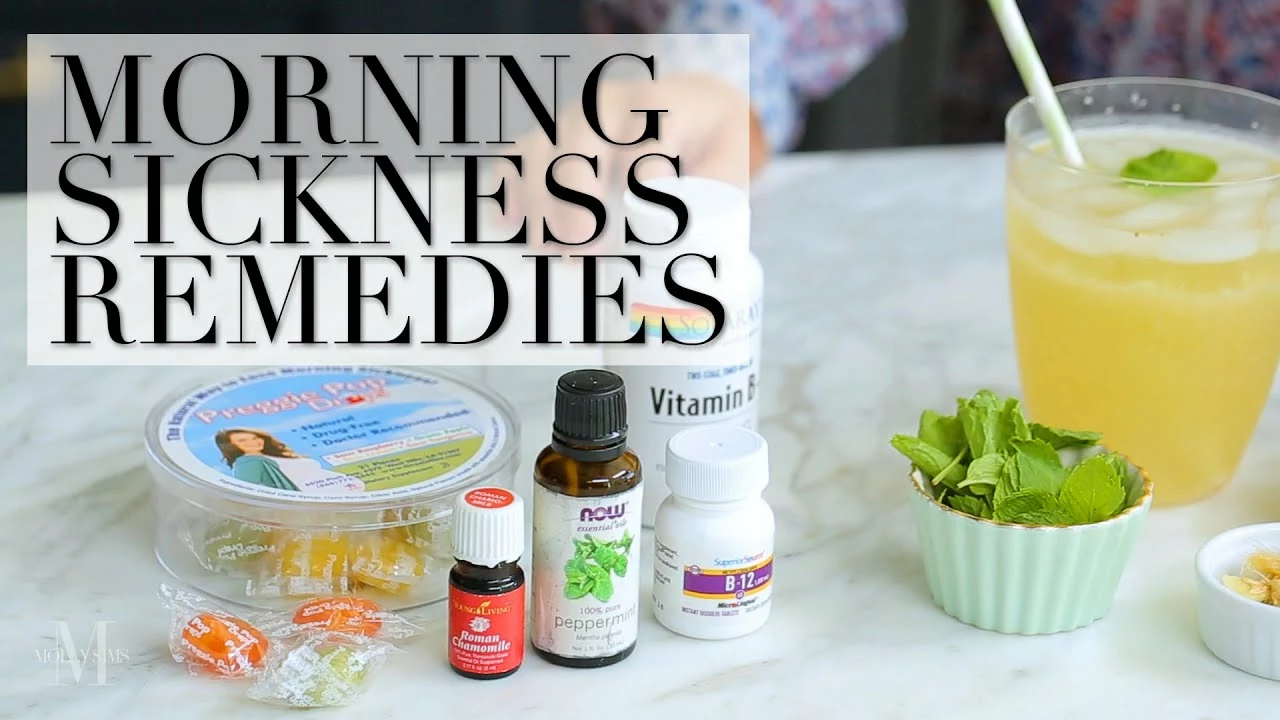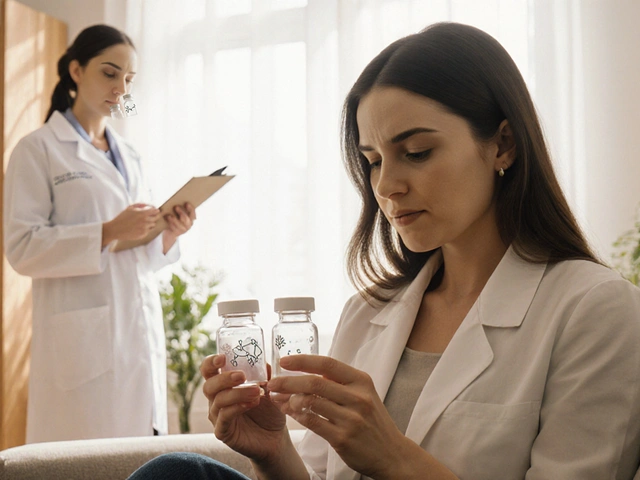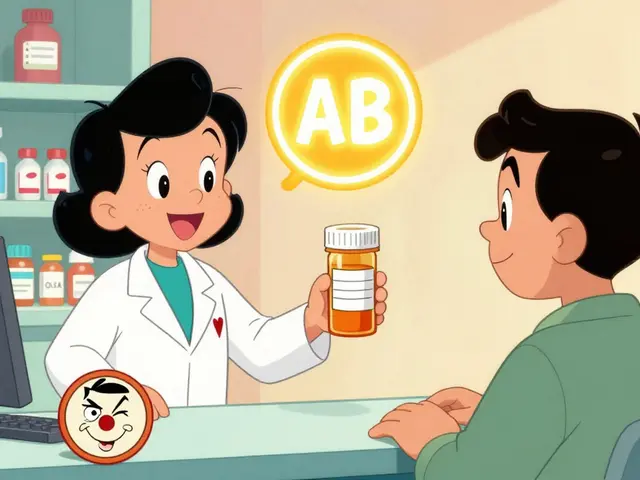Parenting Tips & Real‑World Solutions
If you’re juggling diaper changes, school runs, or a growing belly, you know parenting never slows down. The good news? You don’t have to figure everything out on your own. Below are quick, down‑to‑earth tips that work in real life, covering two topics many parents ask about: ADHD‑linked bed‑wetting and morning‑sickness relief.
ADHD and Bed‑Wetting: What Parents Can Do
Kids with ADHD often struggle with bladder control, and it can feel frustrating for both of you. First, keep a consistent bedtime routine – lights dim, screens off, calm activities only. A predictable schedule helps the nervous system settle, reducing nighttime accidents.
Second, limit fluids after dinner. Offer water earlier in the evening, then taper off to a small cup before bed. It’s not about restricting hydration; it’s about timing so the bladder isn’t overloaded while they sleep.
Third, use a reward chart for dry nights. Celebrate successes with stickers or extra story time – nothing fancy, just something that makes them feel proud.
If you notice frequent accidents despite these steps, talk to a pediatrician about possible medication adjustments. Some ADHD meds can affect bladder tone, and a simple dose tweak might help.
Morning Sickness Survival Kit: Must‑Have Items
Pregnant? Morning sickness can ruin the day fast. A small kit you keep by your side makes the difference between power through and bail out.
Start with ginger – candies, tea bags, or fresh slices. Ginger settles the stomach quickly, and a few bites are easy to grab when nausea hits.
Add plain crackers or saltines. A dry, bland snack absorbs acid and gives you a little energy without upsetting your gut.
Don’t forget hydration. A reusable water bottle with a built‑in filter lets you sip clean water all day, keeping dehydration at bay – a common trigger for worse nausea.
Lastly, pack a small pouch of essential oils (peppermint or lavender) and a cozy blanket. The scent can calm your senses, and the blanket provides comfort when you need to sit down and rest.
Keep this kit in your bag, car, or next to the couch. When nausea strikes, you’ll have everything you need within reach – no scrambling for supplies.
Parenting isn’t a one‑size‑fits‑all job, but having practical tools makes everyday hurdles easier to cross. Whether you’re handling ADHD‑related bed‑wetting or soothing morning sickness, small adjustments can lead to big relief. Keep these tips handy, and remember that every step forward is progress for you and your family.

Understanding the Link Between ADHD and Bed-Wetting: Essential Insights for Parents
Exploring the complex relationship between ADHD and bed-wetting in children, this article provides parents with vital information including causes, connections, and practical tips to help manage these challenges effectively.

Morning Sickness Survival Kit: Must-Have Items for Relief
Morning sickness can be a real challenge during pregnancy, but having a survival kit on hand can make all the difference. In my latest blog post, I discuss must-have items for relief such as ginger candies or tea, which can help reduce nausea. Another essential is a pack of saltine crackers, perfect for snacking on throughout the day to keep your stomach settled. Staying hydrated is crucial, so I recommend a water bottle with a built-in filter for constant access to clean water. Lastly, don't forget the importance of self-care - keep some soothing essential oils and a cozy blanket in your kit to help you relax and find relief.





